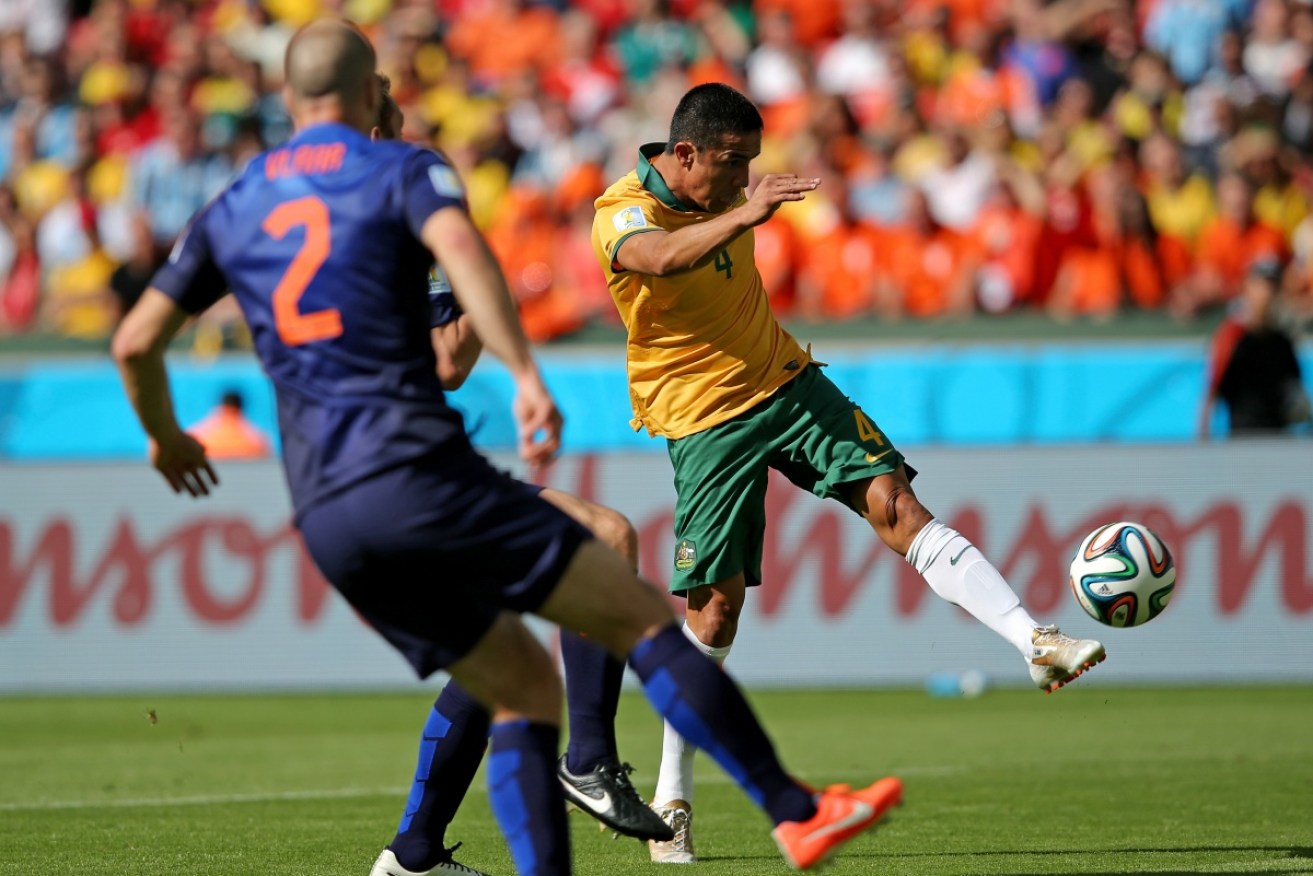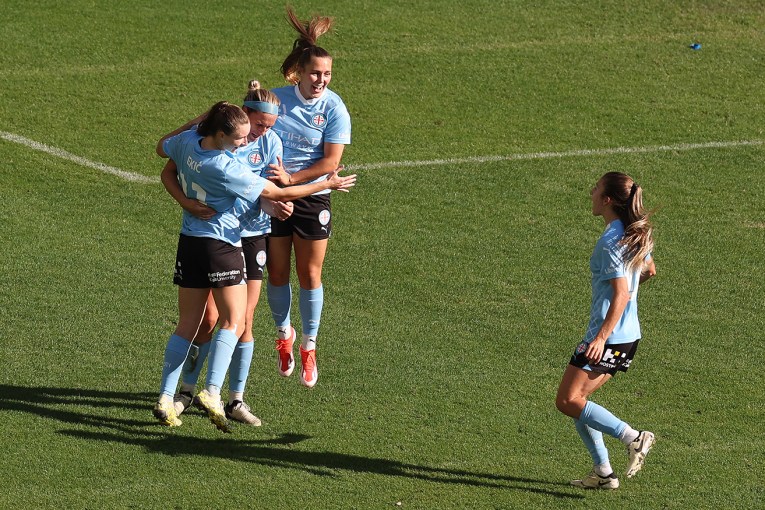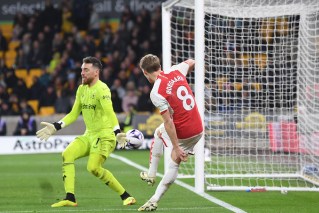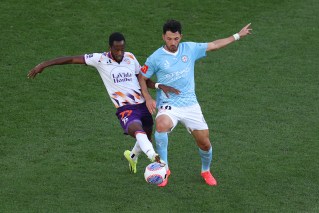Want to watch the FIFA World Cup? You might need to pay for it


All of Australia's matches will still be screened on SBS. Photo: Getty
Football fans hoping to watch all the action from this year’s FIFA World Cup in Russia will be forced to pay Optus a monthly fee of $14.95 if they are not already one of the telco’s customers.
In a significant change to the way the world’s biggest sporting event is broadcast in Australia, SBS TV will show just 25 of the World Cup’s 64 matches.
And while that figure will include all of Australia’s matches and the finals, Optus – which will screen every match through its sport package – has exclusive rights to 39 fixtures.
The telco announced its plans for the World Cup on Tuesday as it celebrated retaining the broadcast rights for the English Premier League for a further three seasons.
Optus had previously restricted its sport coverage to internet and telephone customers but has lifted that condition in time for the tournament, hoping the World Cup leads to a surge in monthly subscriptions.
“As a leading content provider in Australian sport, we’ve made the decision to give everyone the opportunity to subscribe to Optus Sport and experience the state-of-the art sport coverage and insights we have available to our Optus customers,” Optus CEO Allen Lew said on Tuesday.
An Optus spokesperson told The New Daily the $14.95 fee is part of a monthly plan but has “no minimum contract period”, meaning fans will not be locked in to a lengthy deal if they wish to cancel at the end of the World Cup.
Optus hopes they will be convinced to stay, though, insisting fans “have shown that they love what we are doing” with the company’s Premier League coverage.
How does it work?
Consumers cannot watch Optus Sport through a television via traditional methods, unless you have one of the company’s Fetch boxes.
But Optus says it has “optimised the app to be compatible with all major smartphones, as well as web browsers, Apple TV and Chromecast, offering a truly flexible viewing experience”.
What that means is you can watch it through your television – as long as you stream it from a compatible device in the first place.
You can also watch Optus Sport via the company’s website.
What will the coverage be like?
In addition to every World Cup fixture live, Optus says it will be showing “dedicated pre- and post-game analysis for every game” in addition to live and on-demand viewing options.
Socceroos great Mark Schwarzer will be among Optus’ team on the ground in Russia, and the network’s coverage of the English Premier League has impressed fans.

Mark Schwarzer has seamlessly made the transition from player to commentator. Photo: Getty
The timing of the Russia tournament is not particularly time-friendly for Australian fans, so expect some form of on-demand highlights or review show that consumers can tune into the next morning.
And what is left for SBS?
SBS, which claimed to reach 10.7 million Australians during the coverage of the 2014 World Cup, will offer its 25 matches “live, free and in HD with exclusive commentary from Martin Tyler”.
The network will also stream all of its matches on The World Game website.
‘This is the way of the future’
Media expert Dr Sam Duncan said that fans had every right to be annoyed by the new deal.
“I think all fans of all sports who are used to accessing the game for free have the right to feel aggrieved when sports choose to make their game less accessible,” he told The New Daily.
“In a competitive sporting market where sports need money, it’s understandable to a point, but it doesn’t mean we have to like it.
“We’re constantly being asked to pay more to access what we once accessed for free … eventually we’ll have to say ‘no’.”

Australia has never made it past the round of 16 stage at a World Cup.
But Duncan also said that the landscape around consuming sport was changing rapidly and that fans should get used to the idea of watching something via non-traditional methods.
“Telecommunication companies are a legitimate player in streaming sport and see sport as valuable content … this is the way of the future,” he said.
“Younger demographics are gravitating to the idea of watching sport on mobile devices.
“I don’t think traditional broadcasting of sport is going to die anytime soon, but I do think streaming is only going to become more prevalent and as such, the digital rights to all sports is going to rise in value.
“Our consumer habits are changing – more rapidly than we think.”








